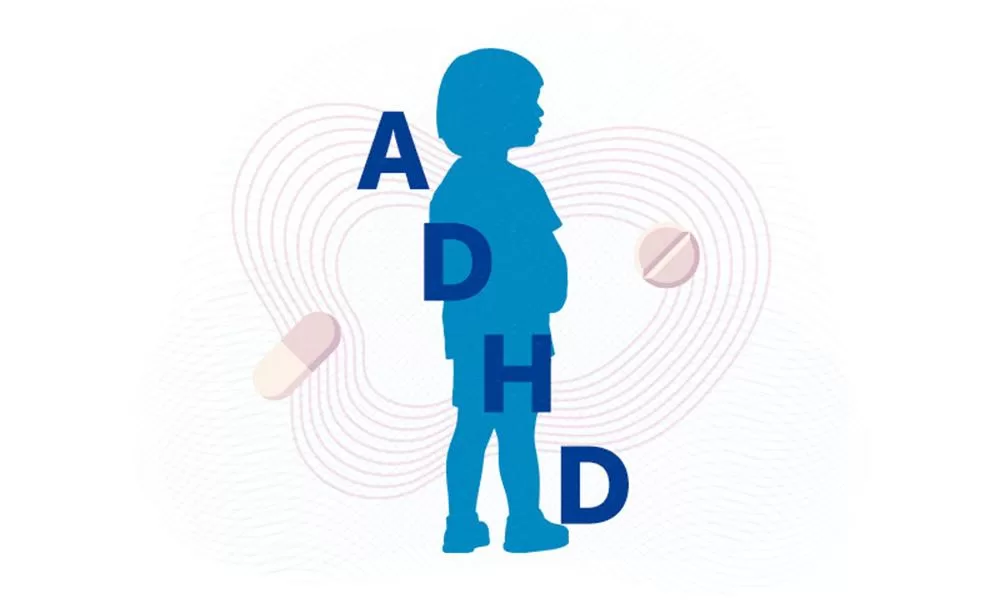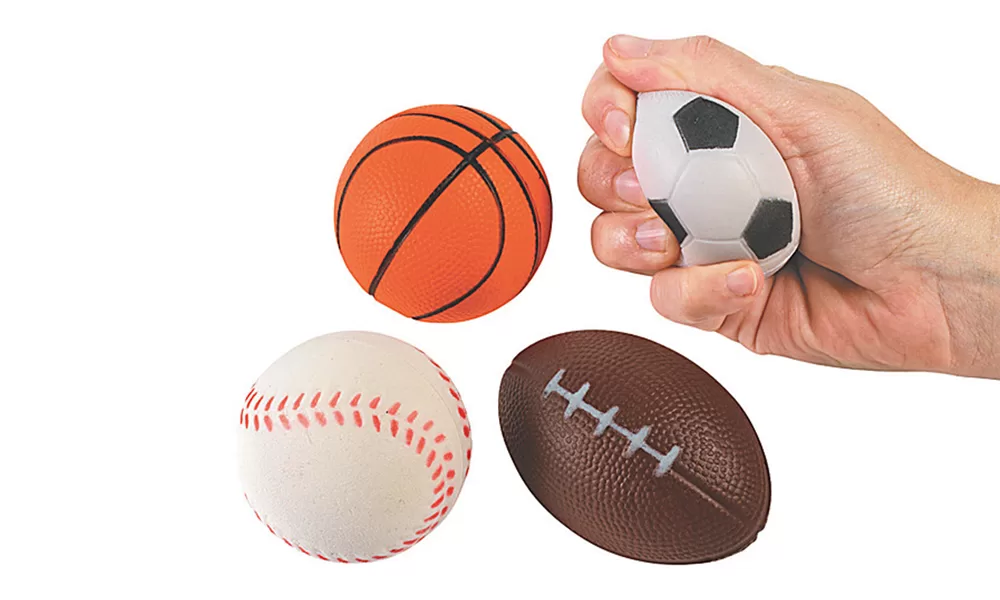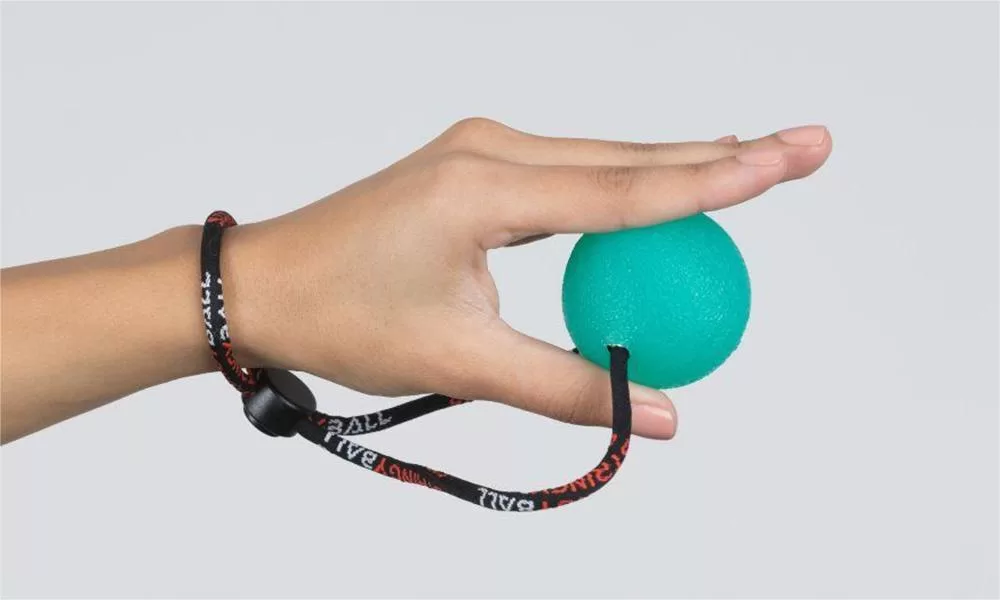ADHD, or Attention Deficit Hyperactivity Disorder, is a neurodevelopmental condition that affects millions of people worldwide. It is characterized by symptoms such as inattention, hyperactivity, and impulsivity, which can significantly impact daily functioning. People with ADHD often face challenges in focusing on tasks, managing stress, and maintaining emotional balance. As a result, they may seek various interventions to alleviate these difficulties. One increasingly popular tool believed to aid in managing ADHD symptoms is the stress ball.

Invoering
Living with ADHD can be a constant struggle, both for individuals diagnosed with the condition and their loved ones. While there is no definitive cure for ADHD, various strategies and interventions can help manage its symptoms and improve the overall quality of life. One such strategy that has gained attention in recent years is the use of stress balls as a coping mechanism for individuals with ADHD.
Understanding ADHD and Its Impact
ADHD affects people of all ages, but it is most commonly diagnosed in children and adolescents. The disorder can lead to academic and occupational challenges, relationship difficulties, and issues with self-esteem. Managing ADHD often involves a combination of behavioral therapies, medications, and lifestyle changes.
The Role of Stress in ADHD
Stress can exacerbate ADHD symptoms, making it even more challenging for individuals to concentrate and remain calm. People with ADHD may experience heightened stress levels due to academic or job pressures, social interactions, or simply the demands of daily life. Finding effective stress management techniques is crucial for enhancing their well-being.
What Are Stress Balls?
Stress balls are small, malleable objects usually made of foam or rubber that fit comfortably in the palm of one’s hand. They are designed to be squeezed, rolled, or manipulated with the fingers, providing a tactile and sensory experience.
How Do Stress Balls Work?
Stress balls work on the principle of diverting attention and physical activity to help reduce stress and tension. By squeezing or manipulating the stress ball, individuals can redirect their focus away from anxious or distracting thoughts, helping them feel more centered and focused.
Benefits of Using Stress Balls for ADHD
Stress Reduction
One of the primary benefits of stress balls for individuals with ADHD is stress reduction. Engaging with the stress ball can help release pent-up energy and tension, promoting a sense of relaxation and calm.
Increased Focus
Using stress balls can also help enhance focus and attention. By providing a simple, repetitive action, stress balls may assist individuals in maintaining concentration during tasks or activities.
Sensory Stimulation
Many individuals with ADHD are sensory seekers, meaning they crave sensory input to regulate their emotions and focus. Stress balls offer a portable and discreet way to satisfy this need for sensory stimulation.
Scientific Evidence and Studies
While anecdotal evidence supports the use of stress balls for ADHD management, scientific research on this specific topic is relatively limited.
Research on Stress Balls and ADHD
Some studies suggest that fidgeting and sensory-based interventions, such as stress balls, may have a positive impact on focus and attention in individuals with ADHD. However, more extensive and rigorous research is needed to establish a conclusive link.
Expert Opinions
Experts in the field of ADHD and mental health acknowledge the potential benefits of stress balls as part of a broader coping strategy. They emphasize that stress balls should complement other evidence-based treatments rather than serve as a sole intervention.
Are Stress Balls Effective for Everyone?
It’s important to recognize that not all individuals with ADHD will benefit from stress balls or find them helpful in managing their symptoms.
Individual Variations
ADHD is a highly individualized condition, and what works for one person may not work for another. Some individuals may prefer other techniques or find stress balls distracting rather than beneficial.
Alternative Techniques
While stress balls can be a useful tool for some, other stress-relief strategies, such as mindfulness techniques, physical activity, or breathing exercises, may be more effective for others.

How to Use Stress Balls Properly
For those interested in trying stress balls as a stress-management technique for ADHD, it’s essential to use them properly to maximize their potential benefits.
Recommended Techniques
To make the most of stress balls, individuals can use them during situations where stress and distraction are high, such as during work, studying, or meetings.
Precautions to Consider
While stress balls are generally safe, individuals with hand or wrist injuries or conditions should exercise caution and consult with a healthcare professional before use.
Where to Find Stress Balls
Stress balls are widely available and can be found in various stores and online retailers. Or you can also find us customized wholesale stress balls. The following list is some of our factory’s hot-selling products.
- Emoji PU Foam Stress Ball Children’s Educational Toys
- Love Heart Stress Toy Smiley Stress Ball
- PU Slow Rebound Cartoon Children’s Toys Doraemon Doll
- Squishy Slow Rebound Big Tail Bear Simulation Squirrel
- Wholesale PU Dice Colorful Stress-Relieving Toys Ball
- Lees meer
Physical Stores
Many stores specializing in office supplies, stationery, or toys carry stress balls in different shapes and sizes. You can also approach us for customized & wholesale stress balls.
Online Retailers
Numerous online platforms offer a wide range of stress balls, allowing buyers to choose from various colors, textures, and designs.
DIY Stress Balls
For those who prefer a more personalized approach or enjoy crafting, making DIY stress balls at home can be a fun and creative activity.
Simple Recipes
Popular DIY stress ball recipes often involve using materials like balloons, flour, rice, or play dough.
Materials Needed
To create a stress ball, individuals typically need common household items readily available.
Other Stress-Relief Strategies for ADHD
In addition to stress balls, individuals with ADHD can explore other stress-reduction techniques that align with their preferences and needs.
Mindfulness Techniques
Practicing mindfulness involves paying attention to the present moment and can help reduce stress and improve focus.
Fysieke activiteit
Engaging in regular physical exercise, such as walking, jogging, or yoga, can have positive effects on mood and stress levels.
Breathing Exercises
Deep breathing exercises can help individuals with ADHD regain a sense of calm and focus during stressful situations.
Personal Testimonials
Hearing about the experiences of others can offer valuable insights into how stress balls may affect individuals with ADHD.
Veelgestelde vragen
Are stress balls a cure for ADHD?
Stress balls are not a cure for ADHD. They are complementary tools that may aid in stress management and focus for some individuals with ADHD.
Can children with ADHD use stress balls in the classroom?
Yes, stress balls can be used in the classroom as long as they do not disrupt the learning environment or distract other students.
Can stress balls be used by adults with ADHD in the workplace?
Absolutely! Stress balls can be discreetly used in the workplace to help adults with ADHD manage stress and maintain focus.
Can stress balls be harmful if used excessively?
When used appropriately, stress balls are generally safe. However, excessive or prolonged use could lead to muscle strain or discomfort.
Can stress balls replace other ADHD treatments?
Stress balls should not replace other evidence-based ADHD treatments but can be incorporated as part of a comprehensive management plan.

Conclusie
In conclusion, stress balls are a potentially helpful tool for managing stress and improving focus for individuals with ADHD. While there is limited scientific research on their efficacy, many anecdotal accounts suggest that stress balls can be beneficial. However, it’s essential to remember that ADHD is a complex condition, and what works for one person may not work for another. It is always best to approach ADHD management holistically, combining evidence-based treatments, lifestyle adjustments, and individualized coping strategies.

